21 Teas and Herbs Scientifically Shown to Soothe an Inflamed Gut
Life in the fast lane often leaves our bodies struggling to keep pace, and nowhere is this more evident than in our gut. That nagging bloat, persistent discomfort, and unpredictable digestion aren't just minor annoyances; they're the distress signals of an inflamed gut, a silent battle impacting daily well-being. While modern life bombards us, ancient wisdom and scientific discovery point to gentle yet powerful allies found in nature's own pantry. This article delves into 21 unique teas and herbs, each scientifically shown to be a potent balm for an irritated digestive system. Beyond mere relief, these natural remedies offer a holistic embrace, working to soothe, restore, and nurture your gut back to vibrant balance. Join us as we unlock their secrets, guiding you toward a calmer, happier digestive system and a life re-energized.
1. Chamomile: The Gentle Calmer
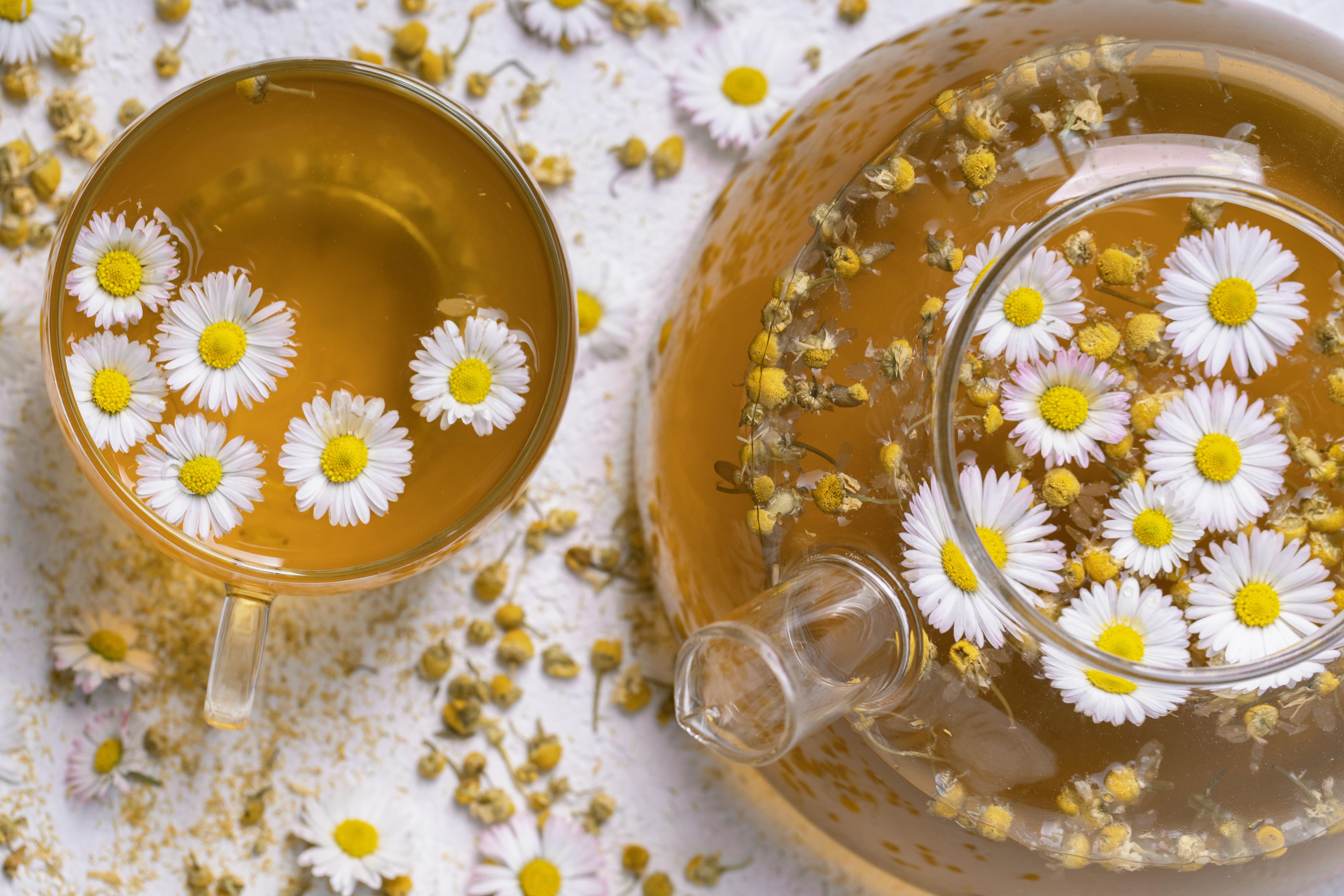
Chamomile is a well-known herb, celebrated for its calming properties. Its anti-inflammatory and antispasmodic effects make it particularly effective in soothing an inflamed gut. Chamomile tea, derived from the dried flowers of the Matricaria plant, has been used for centuries to treat digestive issues such as indigestion, gas, and colic. Scientific studies have shown that chamomile contains compounds like bisabolol and chamazulene, which help reduce inflammation and relax the muscles of the gastrointestinal tract. Regular consumption of chamomile tea can ease the symptoms of irritable bowel syndrome (IBS) and promote overall digestive health.
2. Peppermint: Nature's Digestive Aid
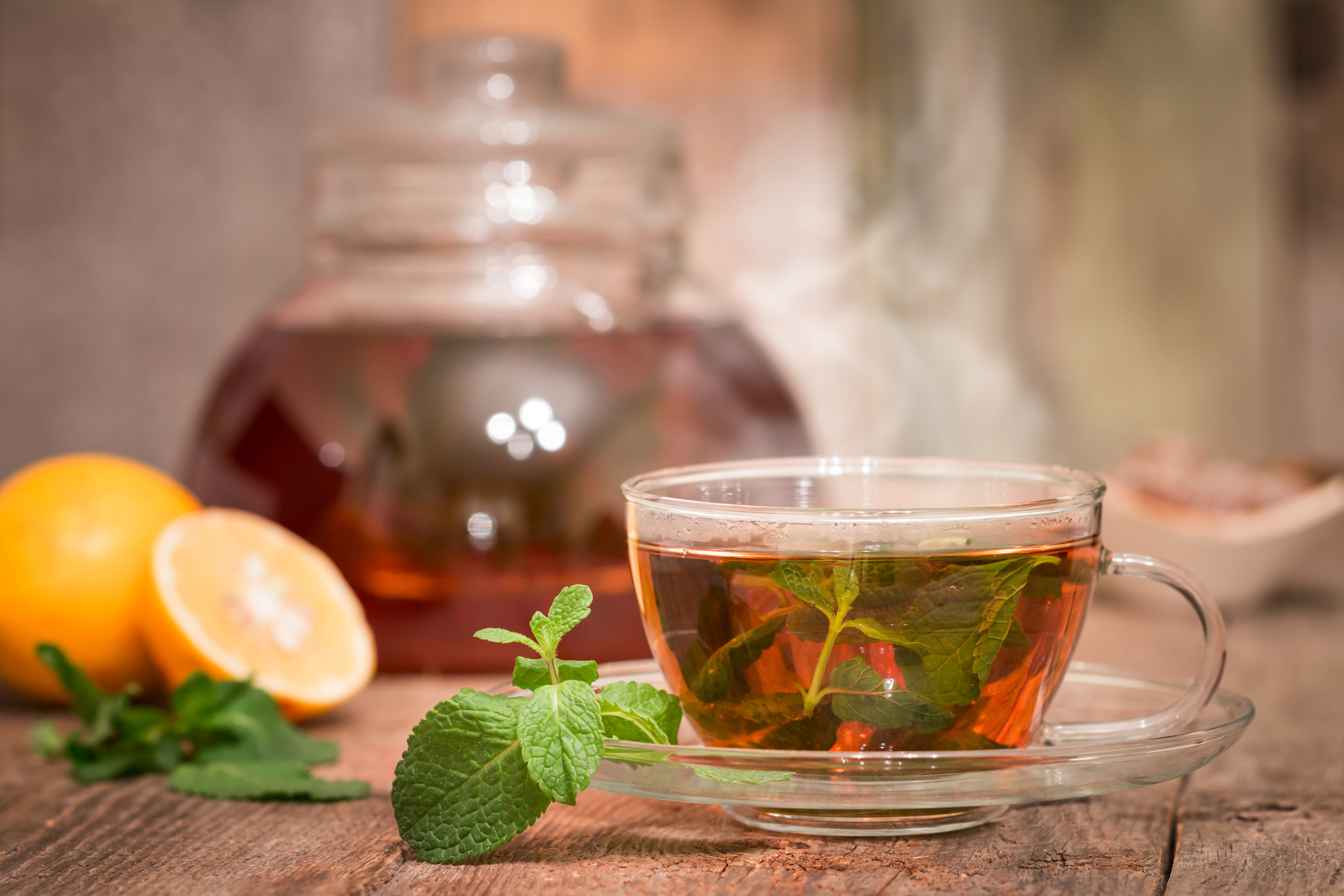
Peppermint, with its refreshing aroma, is more than just a flavoring agent. Its essential oil contains menthol, a compound known for its ability to relax the muscles of the gastrointestinal tract. This relaxation helps alleviate symptoms such as bloating and abdominal pain, common in conditions like IBS. Research has shown that peppermint oil, when consumed in enteric-coated capsules, can significantly reduce the frequency and severity of IBS symptoms. Peppermint tea, on the other hand, offers a soothing experience, calming the digestive system and providing relief from discomfort.
3. Ginger: Spicy Relief for the Gut
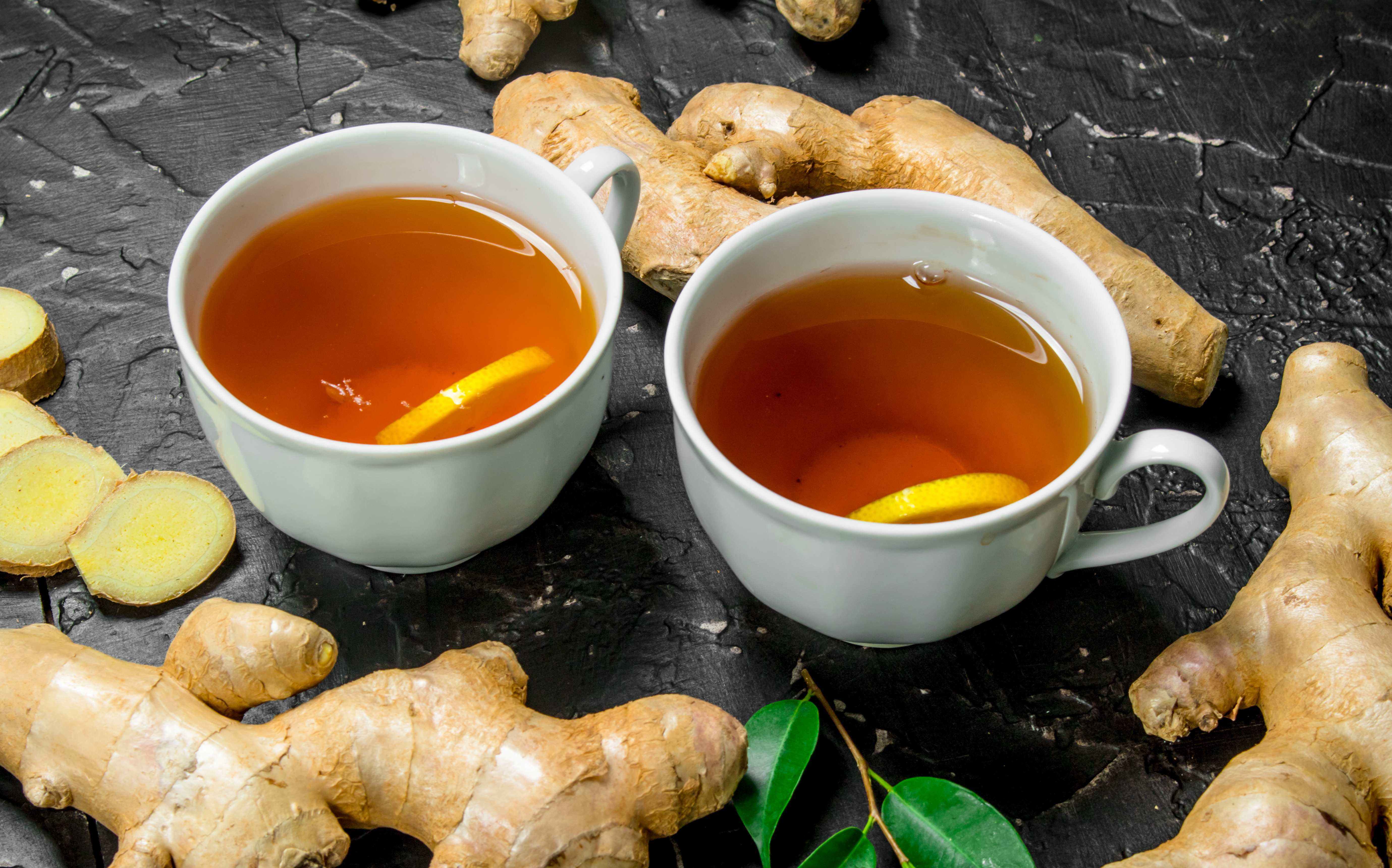
Ginger, a staple in traditional medicine, is renowned for its anti-inflammatory properties. The active compounds in ginger, such as gingerols and shogaols, have been shown to reduce inflammation and enhance digestion. Ginger tea, made from fresh or dried ginger root, can be particularly effective in alleviating nausea, bloating, and gas. Studies suggest that ginger stimulates the production of digestive enzymes, improving nutrient absorption and easing digestive distress. Incorporating ginger into your diet, whether through tea or as a spice, can significantly benefit gut health.
4. Fennel: The Digestive Soother
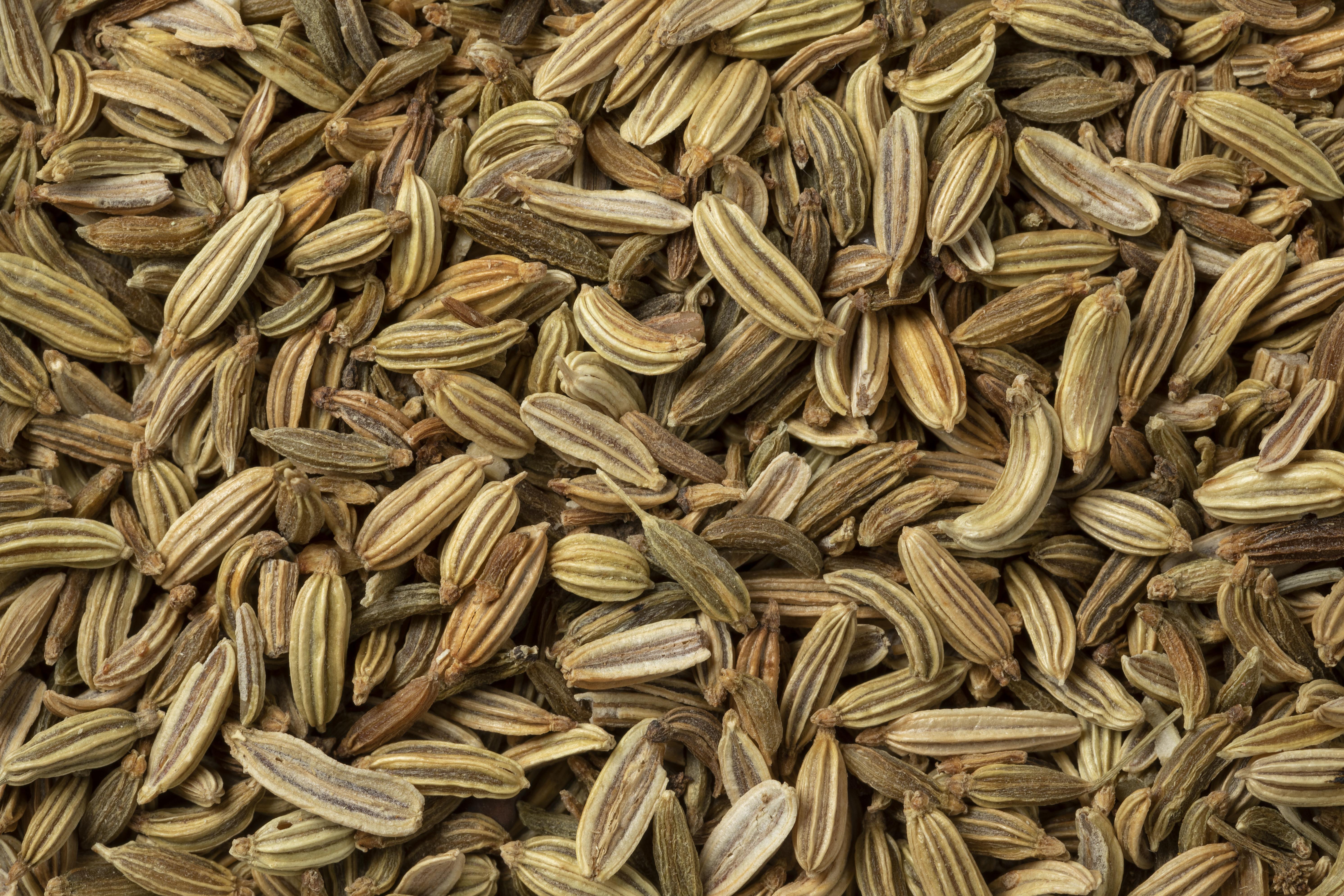
Fennel seeds, with their licorice-like flavor, have been used for centuries to treat digestive ailments. Rich in essential oils like anethole, fennel has antispasmodic properties that help relax the muscles of the gastrointestinal tract. Fennel tea is known to relieve symptoms such as bloating, gas, and cramps. Additionally, fennel stimulates the production of gastric juices, enhancing digestion and nutrient absorption. Regular consumption of fennel tea can help maintain a healthy digestive system and prevent inflammation-related discomfort.
5. Licorice Root: The Gut Protector
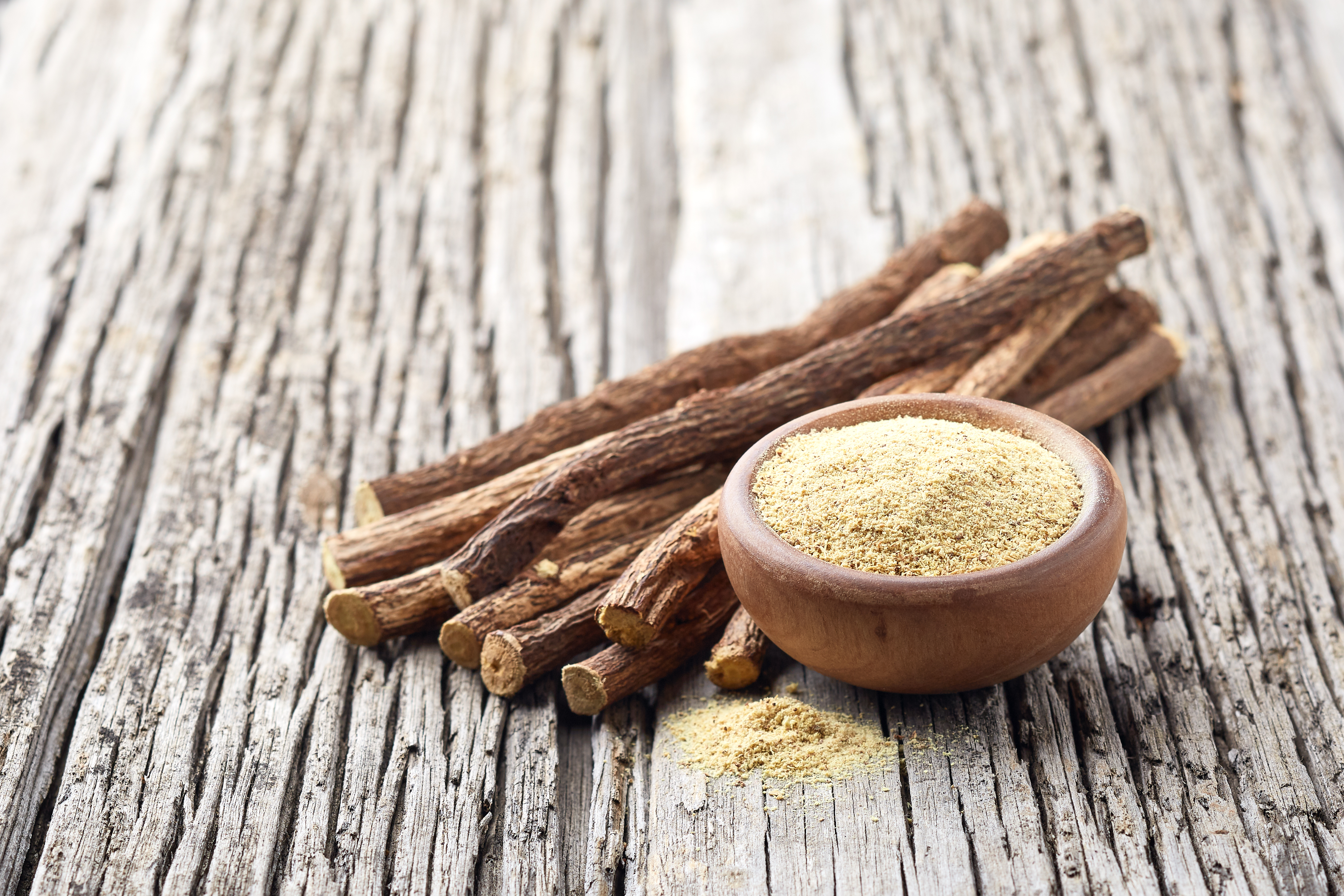
Licorice root, derived from the Glycyrrhiza glabra plant, has been used in traditional medicine for its soothing effects on the digestive system. The active compound, glycyrrhizin, has anti-inflammatory and immune-boosting properties. Licorice root tea can help reduce inflammation in the gut lining, making it beneficial for conditions like gastritis and peptic ulcers. However, it is important to consume licorice root in moderation, as excessive intake can lead to side effects such as elevated blood pressure. When used appropriately, licorice root can be a powerful ally in maintaining gut health.
6. Turmeric: The Golden Healer
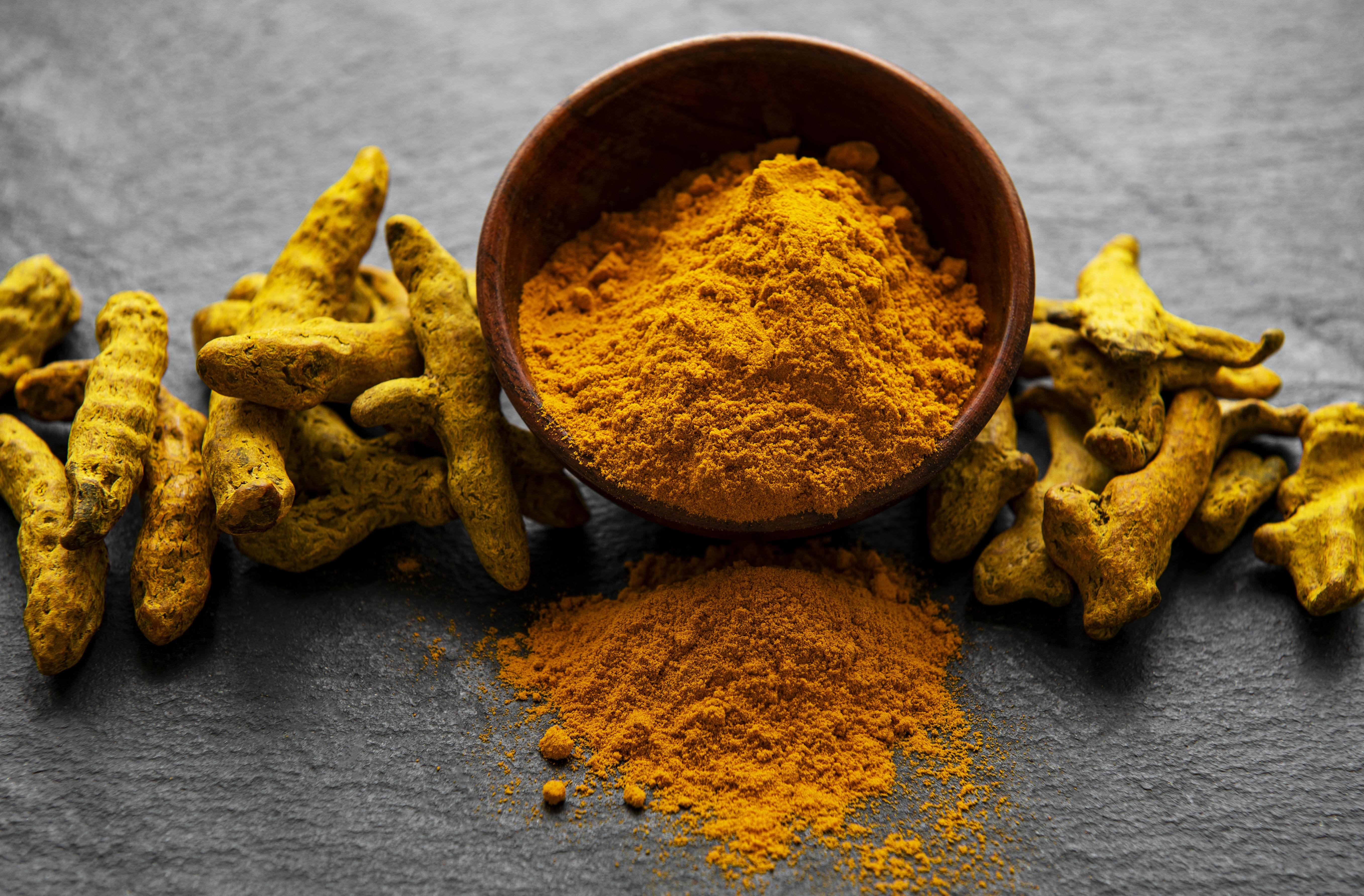
Turmeric, a vibrant yellow spice, is lauded for its potent anti-inflammatory properties. Curcumin, the active compound in turmeric, has been extensively studied for its ability to reduce inflammation and promote healing in the digestive tract. Turmeric tea, also known as golden milk, can soothe an inflamed gut and alleviate symptoms of digestive disorders. The bioavailability of curcumin can be enhanced by consuming it with black pepper, which contains piperine. Regular consumption of turmeric can help maintain a healthy gut and support overall well-being.
7. Slippery Elm: The Mucilage Miracle

Slippery elm, derived from the bark of the Ulmus rubra tree, has been used in traditional medicine for its soothing properties. The mucilage content in slippery elm forms a protective layer over the mucous membranes, reducing irritation and inflammation. Slippery elm tea can be particularly beneficial for conditions like acid reflux, gastritis, and IBS. Its gentle, coating action helps soothe the digestive tract, providing relief from discomfort and promoting healing. Incorporating slippery elm into your routine can support gut health and enhance digestive comfort.
8. Marshmallow Root: The Soothing Embrace
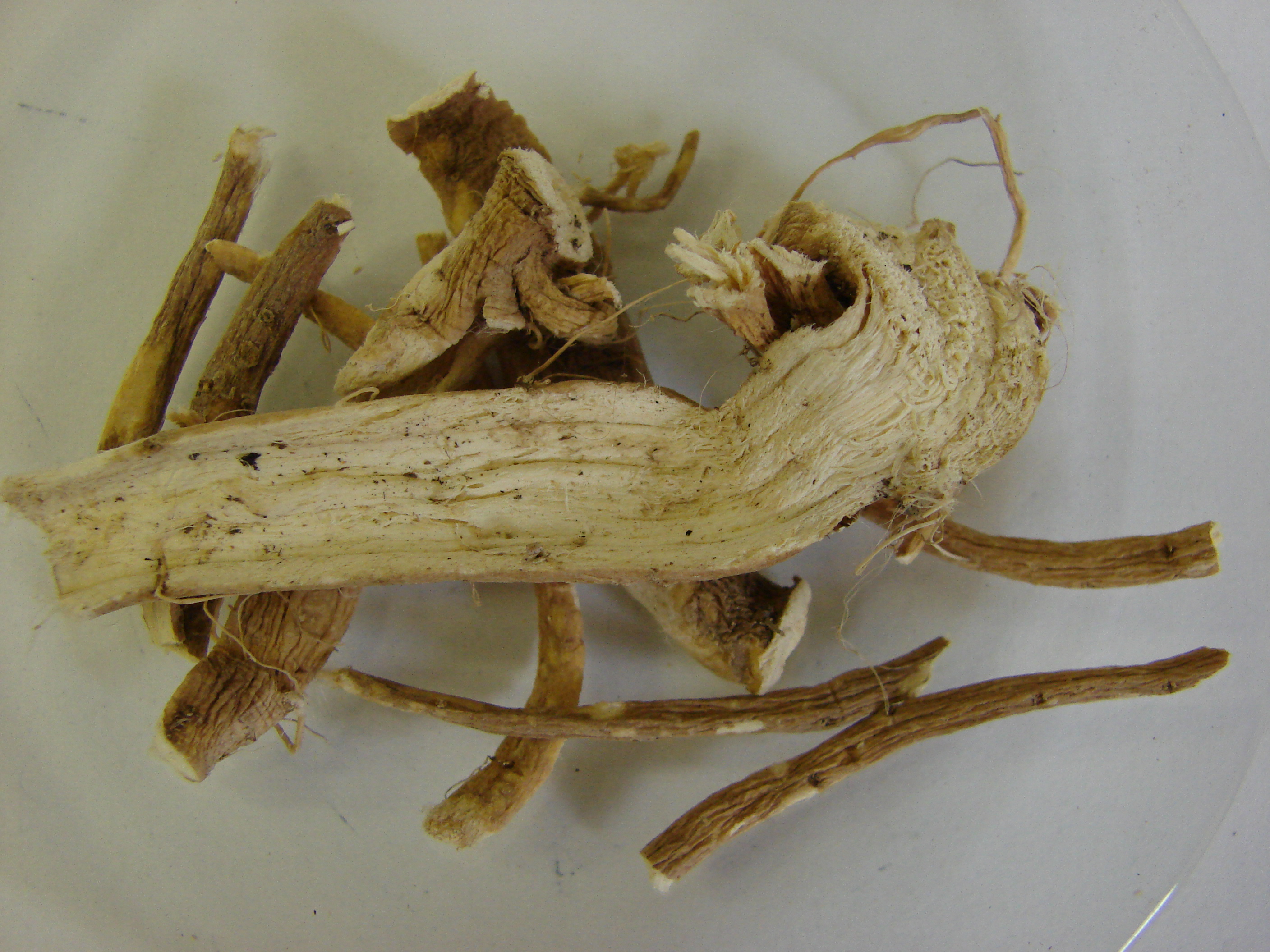
Marshmallow root, not to be confused with the confectionery, is a powerful herb known for its demulcent properties. It contains mucilage, which forms a protective layer over the digestive tract, reducing irritation and inflammation. Marshmallow root tea can be particularly effective in soothing an inflamed gut and alleviating symptoms of digestive disorders. Its gentle, soothing action helps calm the digestive system, promoting healing and comfort. Regular consumption of marshmallow root can support gut health and enhance overall well-being.
9. Dandelion: The Digestive Tonic

Dandelion, often considered a weed, is a powerhouse of nutrients and beneficial compounds. Dandelion root tea is known for its ability to stimulate bile production, enhancing digestion and nutrient absorption. Its anti-inflammatory properties help reduce inflammation in the gut, making it beneficial for conditions like gastritis and IBS. Dandelion also acts as a natural diuretic, promoting detoxification and supporting liver health. Incorporating dandelion tea into your routine can enhance digestive health and support overall well-being.
10. Lemon Balm: The Calming Herb
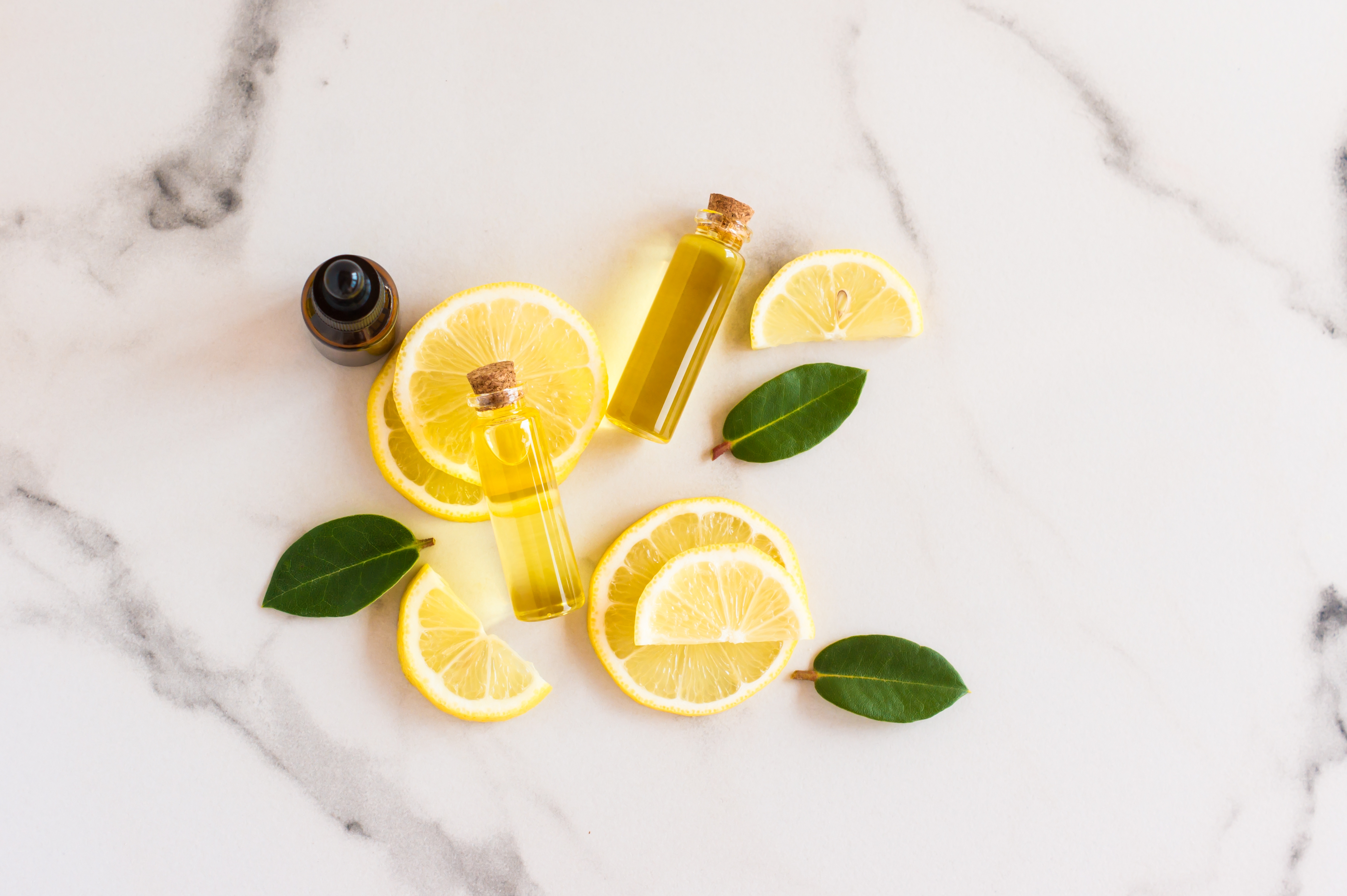
Lemon balm, a member of the mint family, is known for its calming effects on the nervous and digestive systems. Its antispasmodic properties help relax the muscles of the gastrointestinal tract, alleviating symptoms such as bloating and cramps. Lemon balm tea can be particularly effective in soothing an inflamed gut and promoting digestive comfort. Its gentle, calming action helps reduce stress and anxiety, which can contribute to digestive issues. Consistently including lemon balm in your diet may promote digestive health and improve overall wellness.
11. Holy Basil: The Sacred Healer
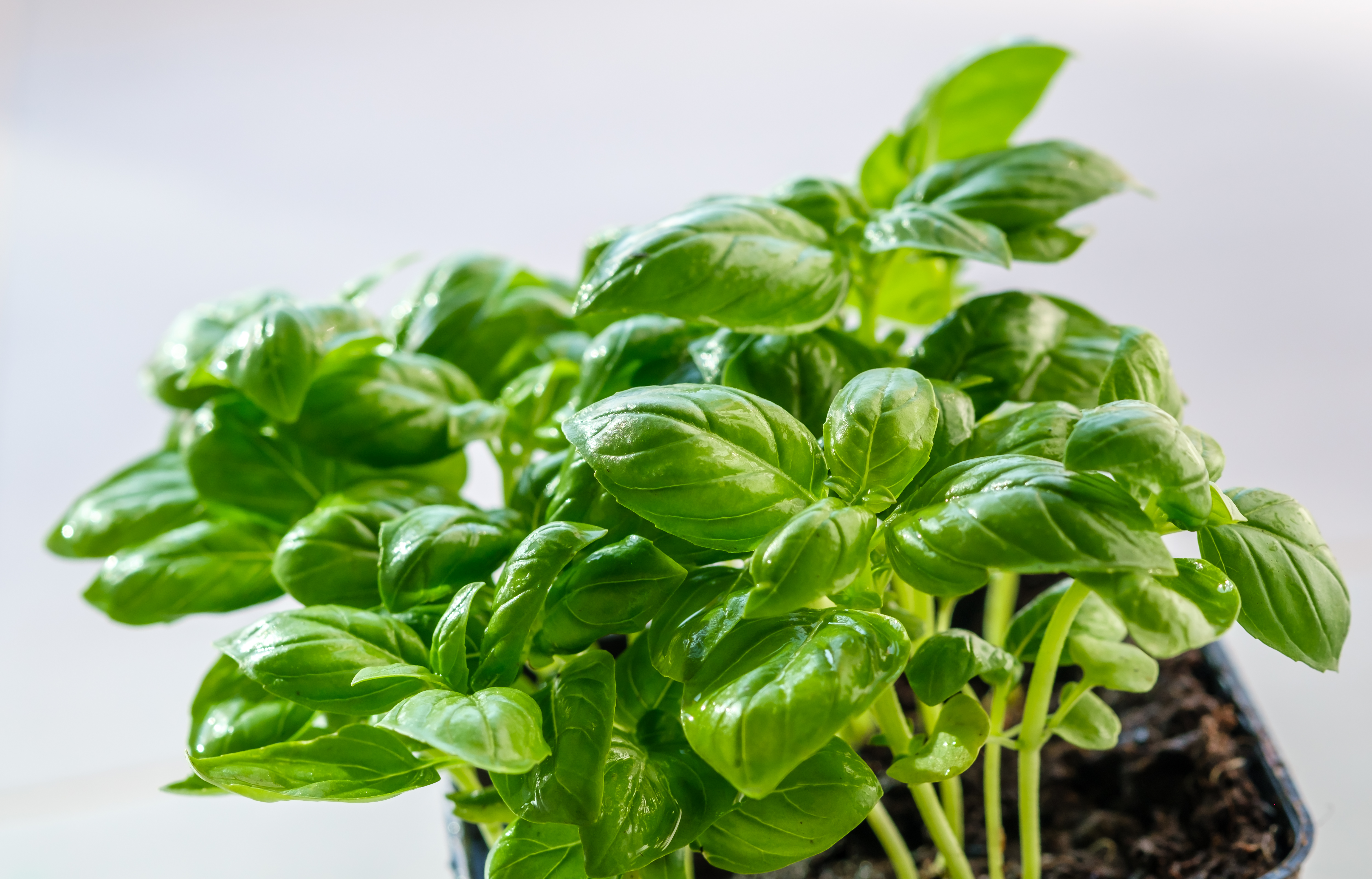
Holy basil, also known as tulsi, is revered in traditional medicine for its adaptogenic properties. It helps the body adapt to stress, reducing its impact on the digestive system. Holy basil tea has anti-inflammatory and antioxidant properties that help soothe an inflamed gut and promote healing. Its calming effects on the nervous system help reduce stress-related digestive issues, enhancing overall digestive health. Incorporating holy basil into your routine can support gut health and promote overall well-being.
12. Cat's Claw: The Immune and Gut Modulator

Cat's Claw, an herb derived from a vine native to the Amazon rainforest, is gaining recognition for its powerful immune-modulating and anti-inflammatory properties, making it beneficial for gut health. It contains compounds called oxindole alkaloids, which help reduce inflammation in the digestive tract and may support the healing of gut lining issues, including those associated with leaky gut syndrome. This herb is often used to soothe inflammatory bowel conditions like Crohn's disease and ulcerative colitis. However, individuals with autoimmune diseases or those on immunosuppressant medications should consult a healthcare professional before using Cat's Claw due to its immune-modulating effects.
13. Slippery Elm Bark: The Ulcer Soother

While already mentioned for its mucilage, it's worth highlighting Slippery Elm Bark's specific application for ulcers. This herb, derived from the inner bark of the Ulmus rubra tree, creates a gel-like substance when mixed with water. This unique property allows it to form a soothing, protective coating over irritated mucous membranes in the digestive tract. This barrier can help alleviate pain and inflammation associated with gastritis, peptic ulcers, and acid reflux, promoting a more rapid healing environment. It acts as a gentle, natural bandage for the gut's delicate lining.
14. Aloe Vera (Inner Leaf Gel): The Gut Healer
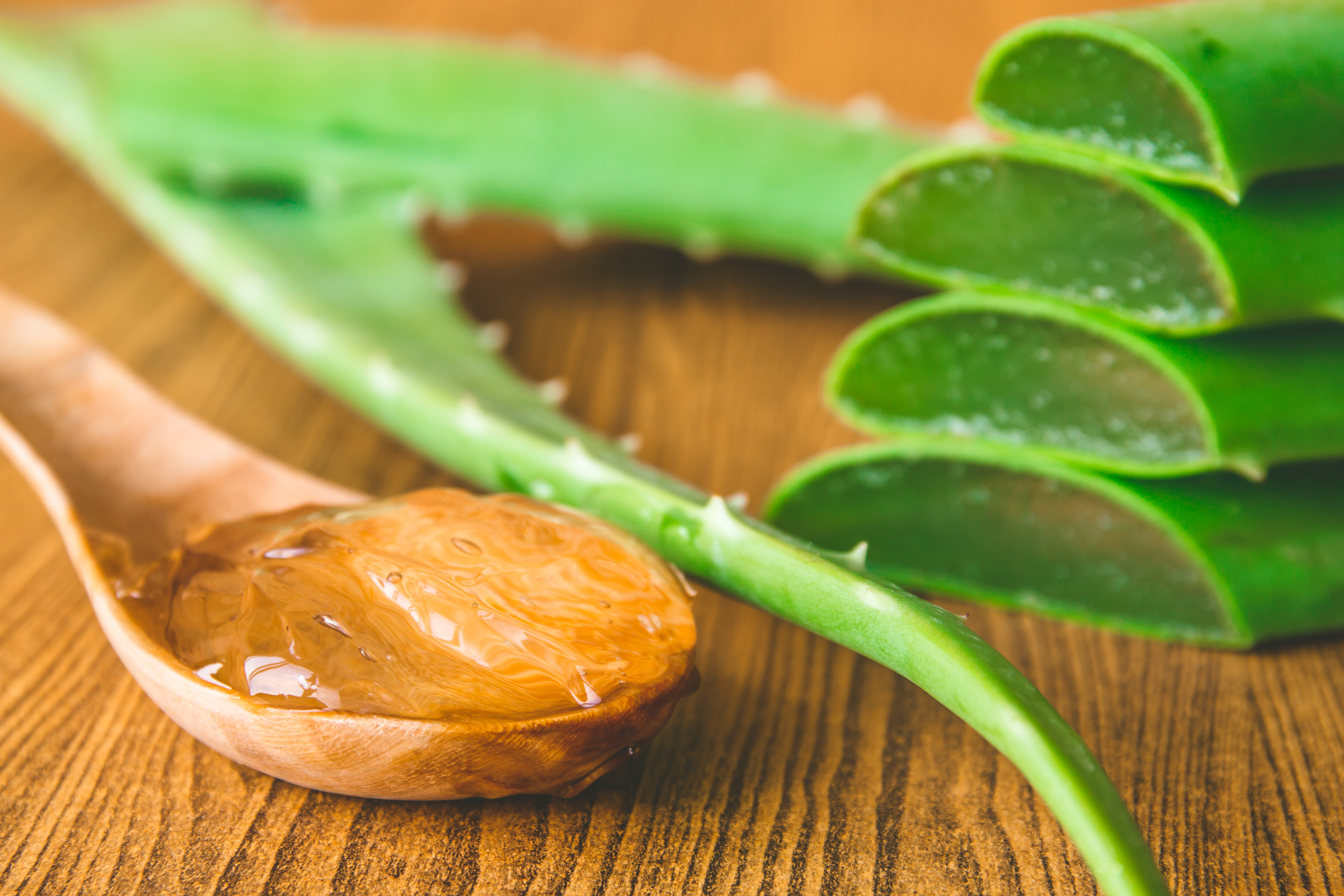
Beyond its use for skin, the inner leaf gel of the Aloe Vera plant is a potent natural remedy for gut inflammation. It contains compounds with anti-inflammatory, antioxidant, and laxative properties that can soothe the digestive tract. Aloe Vera gel can aid in healing the gut lining, reducing irritation, and promoting regular bowel movements, making it beneficial for conditions like IBS and constipation. It's crucial to use only the clear inner gel, as the outer leaf (latex) can have strong laxative effects and cause discomfort.
15. Artichoke Leaf Extract: The Bile Booster
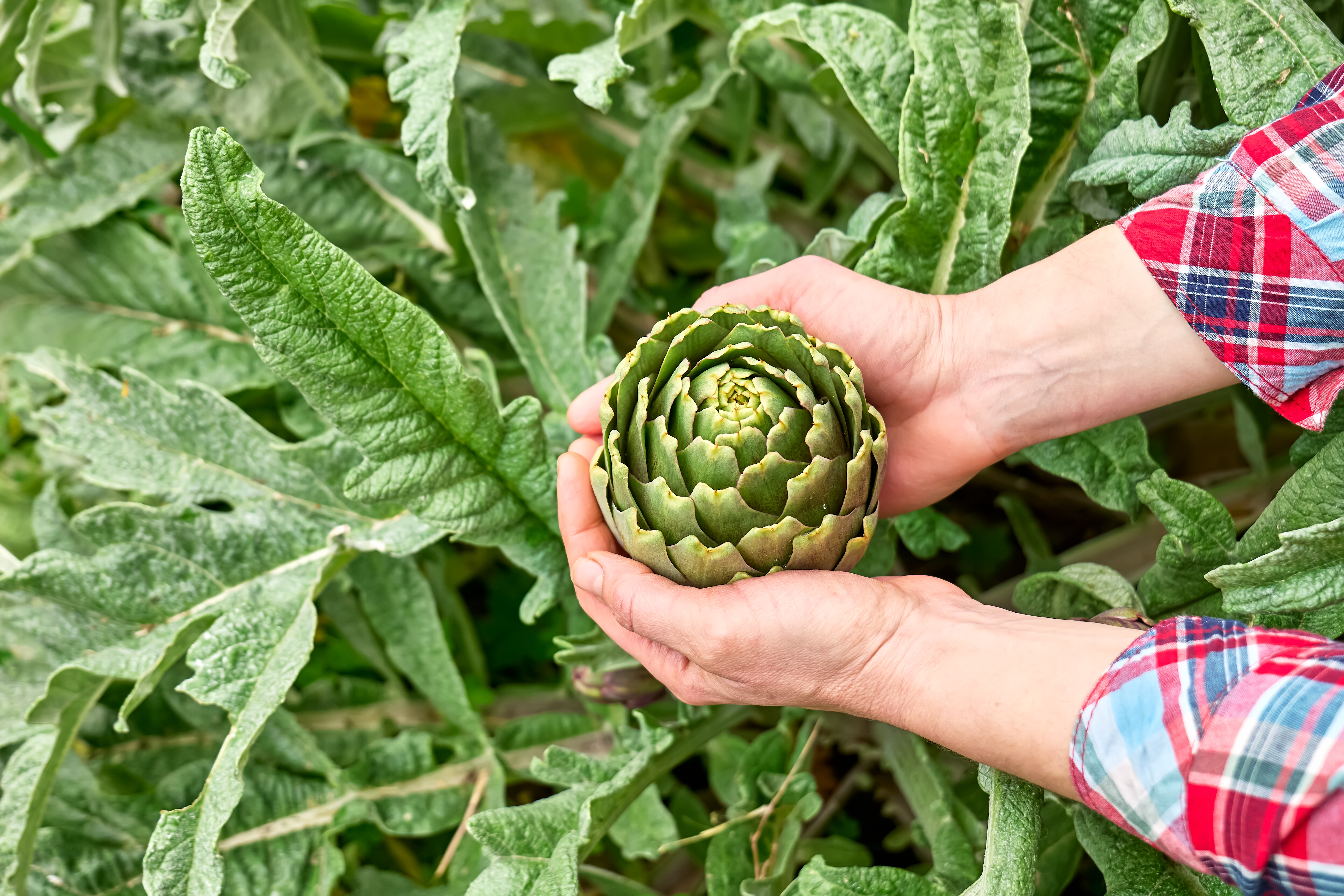
Artichoke leaf extract is a lesser-known but highly effective herb for digestive health, particularly for those experiencing indigestion and bloating. It works by stimulating bile production in the liver, which aids in the digestion of fats and improves nutrient absorption. Enhanced bile flow can also help reduce bloating and gas, making digestion more efficient and comfortable. Artichoke leaf extract can be taken as a supplement or enjoyed as a tea, offering a natural way to support liver and gallbladder function for a healthier gut.
16. Milk Thistle: The Liver's Gut Ally
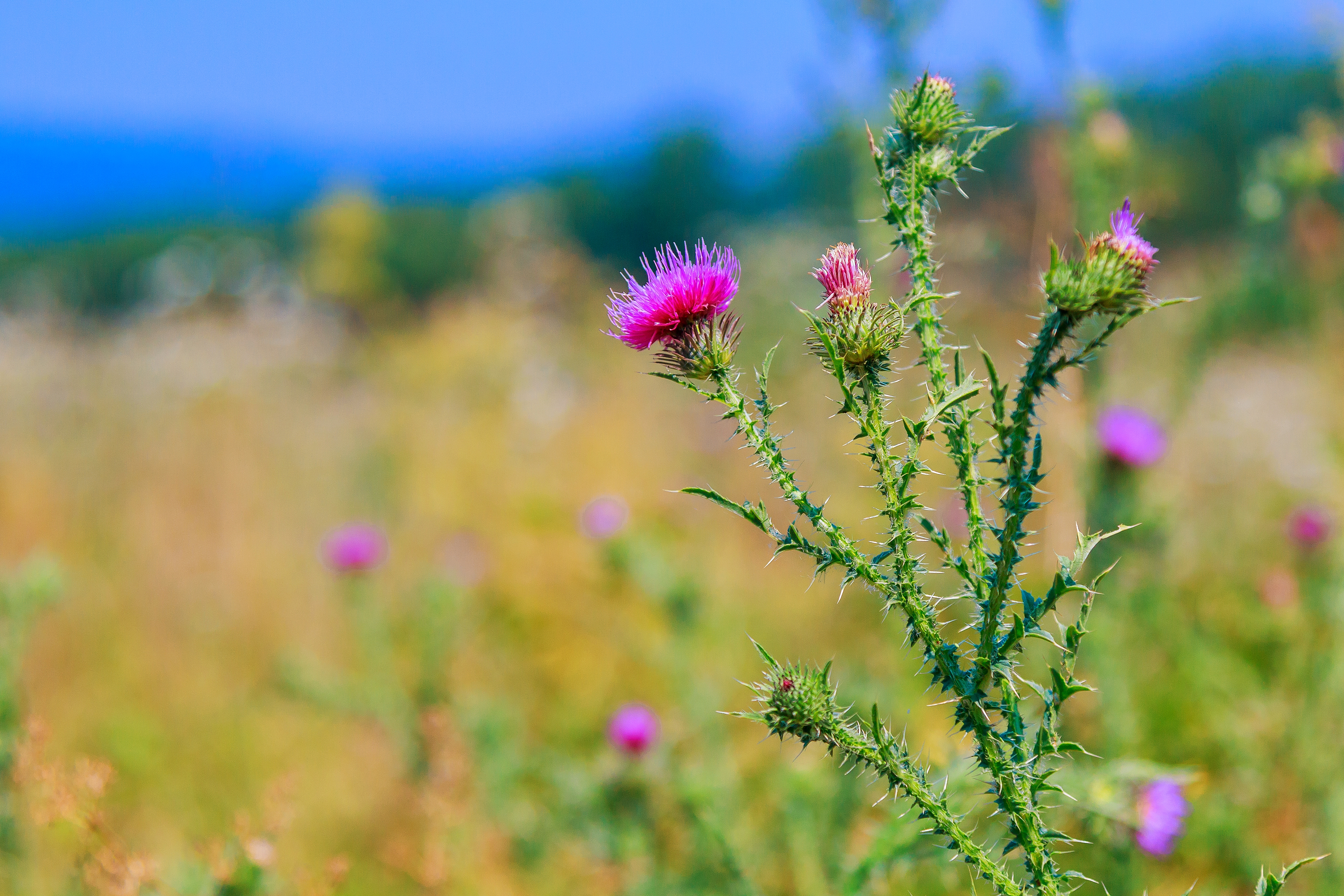
While primarily known for its liver-protective properties, Milk Thistle plays a crucial indirect role in gut health. The liver is vital for detoxification, and a healthy liver ensures that toxins are efficiently removed from the body, preventing them from recirculating and potentially contributing to gut inflammation. Silymarin, the active compound in Milk Thistle, supports liver cell regeneration and antioxidant defense. By optimizing liver function, Milk Thistle helps create a less toxic internal environment, thereby reducing strain on the digestive system and promoting overall gut well-being.
17. Caraway Seeds: The Anti-Spasmodic Spice
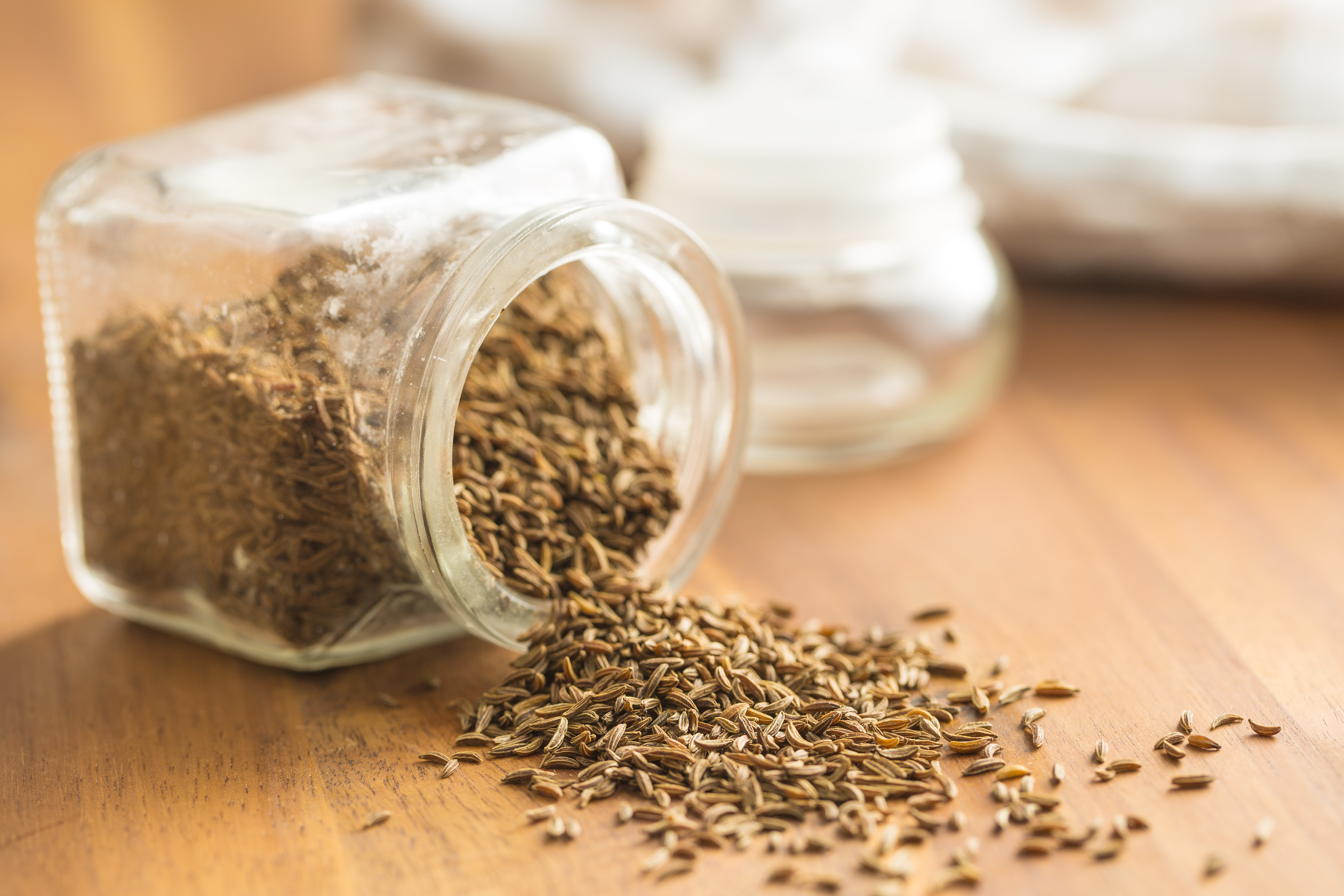
Caraway seeds, often used in rye bread and other traditional European dishes, are a potent digestive aid with powerful anti-spasmodic properties. They contain compounds that help relax the smooth muscles of the digestive tract, effectively alleviating gas, bloating, and abdominal cramps. Caraway tea, made by steeping crushed seeds, can provide quick relief from digestive discomfort. This unassuming spice is a simple yet effective remedy for those experiencing an agitated gut, helping to restore a sense of calm and regularity to digestion.
18. Cloves: The Aromatic Anti-Inflammatory
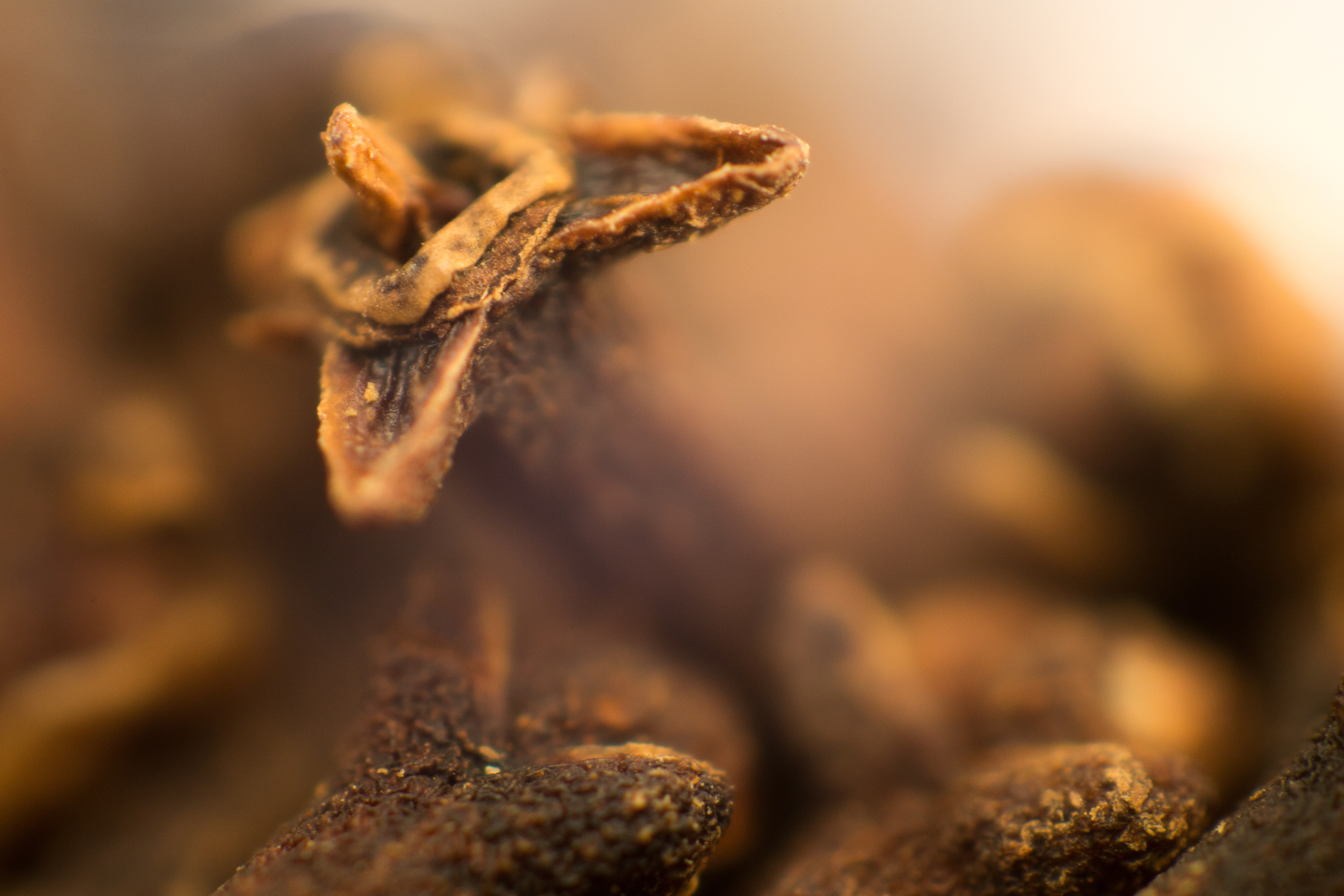
Beyond their aromatic presence in cooking, cloves possess significant anti-inflammatory and antiseptic properties that benefit gut health. Eugenol, the primary active compound in cloves, has been studied for its ability to reduce inflammation in the digestive system and combat harmful gut bacteria. Clove tea, made by steeping whole cloves, can be used to soothe indigestion, reduce gas, and provide relief from stomach upset. Its potent antimicrobial qualities also make it a useful natural remedy for supporting a healthy gut microbiome.
19. Boldo: The South American Digestive Secret
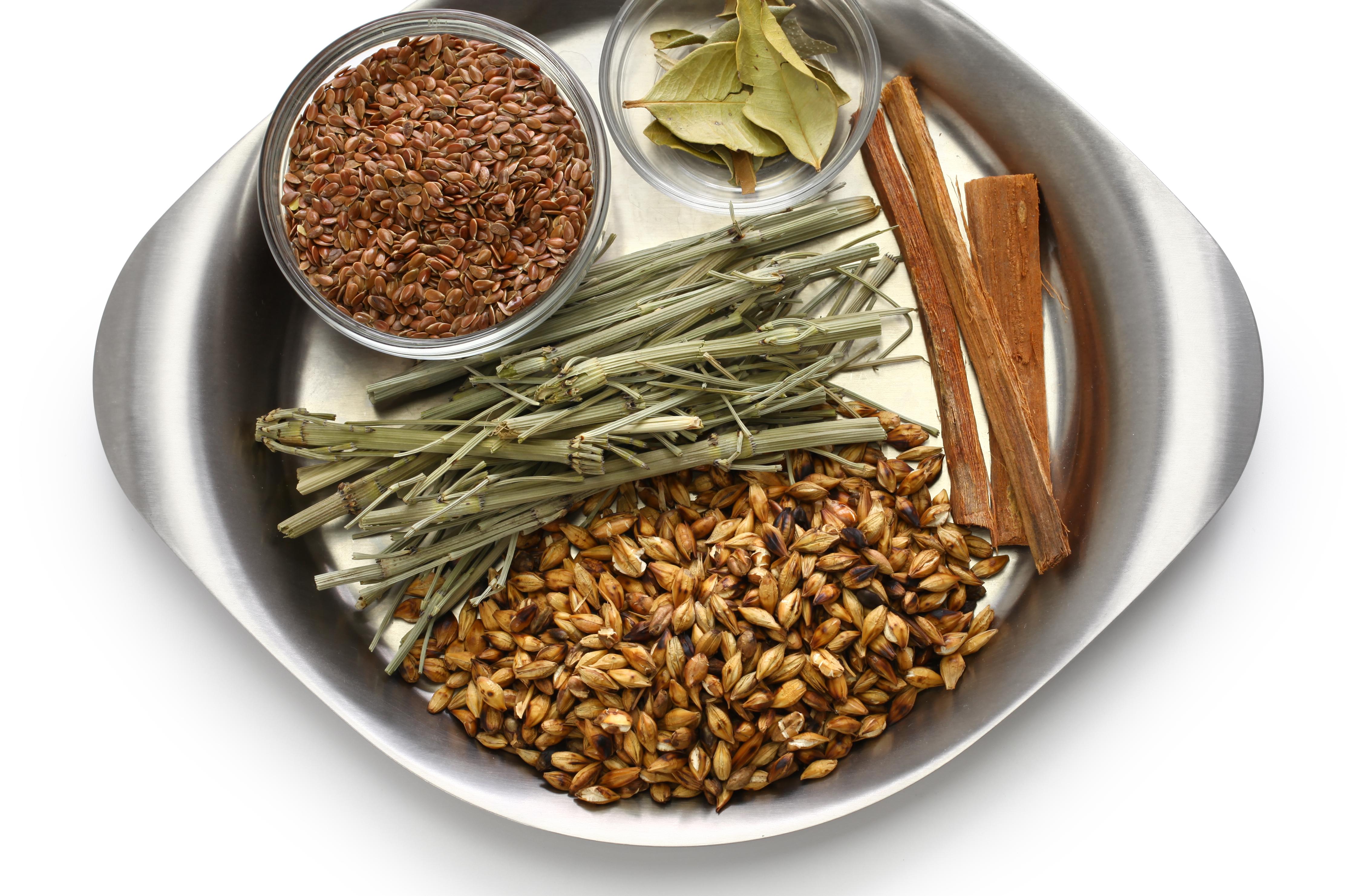
Boldo, an evergreen shrub native to Chile, is a traditional South American remedy for liver and digestive complaints. It contains alkaloids like boldine, which stimulate bile production and flow, crucial for breaking down fats and absorbing nutrients. Boldo tea is often consumed to relieve indigestion, bloating, and constipation, and to support overall liver function, which is intrinsically linked to gut health. Its gentle diuretic properties also aid in detoxification. However, due to its potent effects, boldo should be used cautiously and ideally under professional guidance.
20. Calendula (Marigold): The Soothing Flower

More than just a garden beauty, Calendula (also known as Marigold) possesses remarkable anti-inflammatory and vulnerary (wound-healing) properties that can benefit an inflamed gut. When prepared as a tea or tincture, Calendula helps soothe irritation and reduce inflammation in the digestive lining. It's particularly beneficial for conditions like gastritis, ulcers, and general gut sensitivity, promoting tissue repair and providing a calming effect. Its gentle nature makes it a valuable addition to a holistic gut-healing protocol.
21. Hawthorn Berry: The Heart-Gut Connection
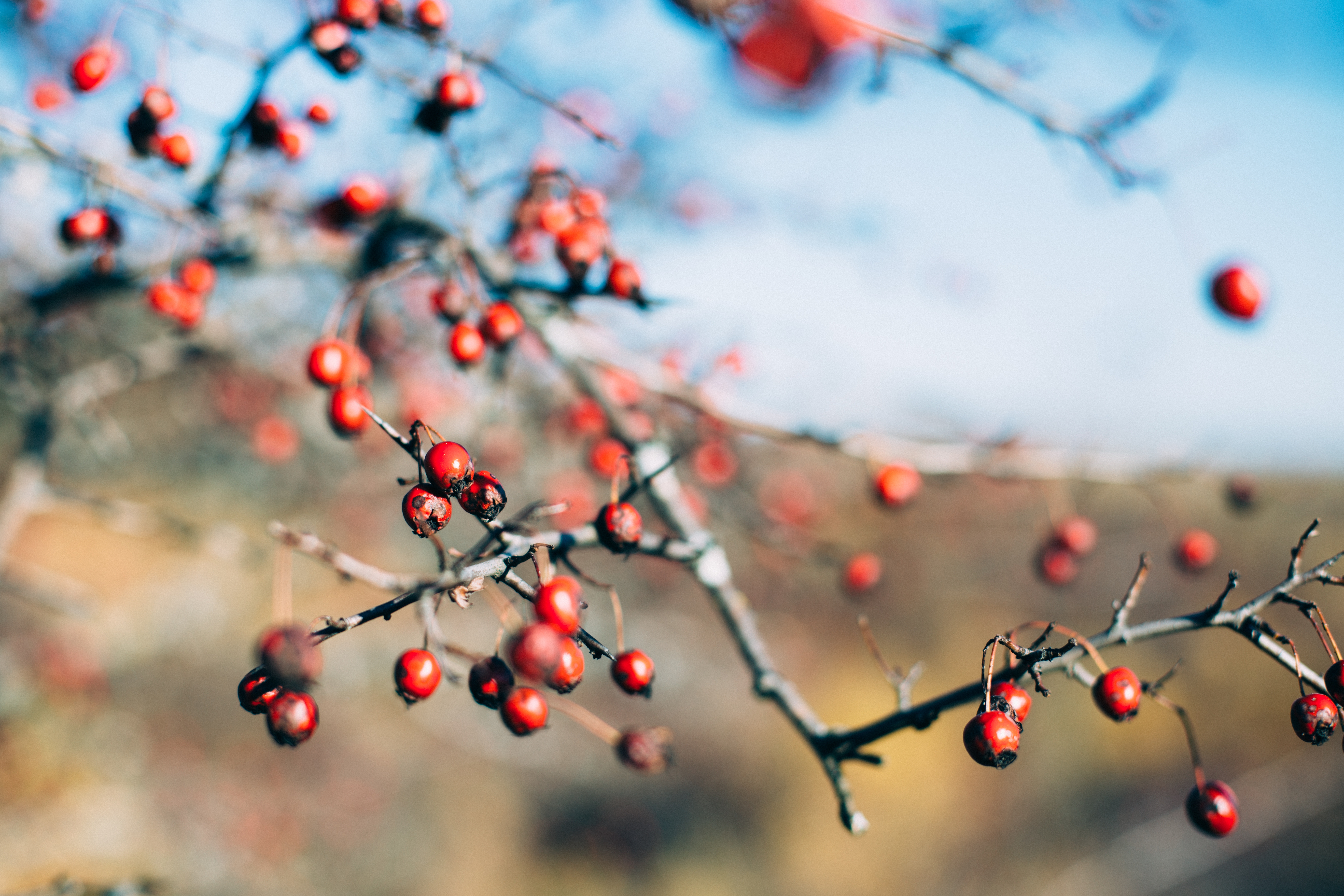
While primarily celebrated for its heart-protective properties, Hawthorn Berry offers an indirect but significant benefit to gut health by supporting the cardiovascular system. A healthy heart ensures optimal blood flow to the digestive organs, crucial for their proper function, nutrient absorption, and waste removal. When the gut is adequately nourished and wastes are efficiently cleared, inflammation is less likely to take hold. Hawthorn, consumed as a tea or extract, thus contributes to overall systemic health that positively impacts the gut-heart axis, promoting a balanced internal environment.
The journey through these 21 teas and herbs reveals the profound wisdom embedded in nature's remedies. Each of these natural wonders offers unique benefits, soothing an inflamed gut and promoting overall digestive health. By embracing these gentle, holistic approaches, we can nurture our bodies, alleviate discomfort, and enhance our well-being. As we integrate these teas and herbs into our daily routines, we not only support our digestive systems but also connect with the timeless traditions that have cherished these remedies for centuries. Let us embark on this calming exploration, embracing the healing power of nature's remedies.